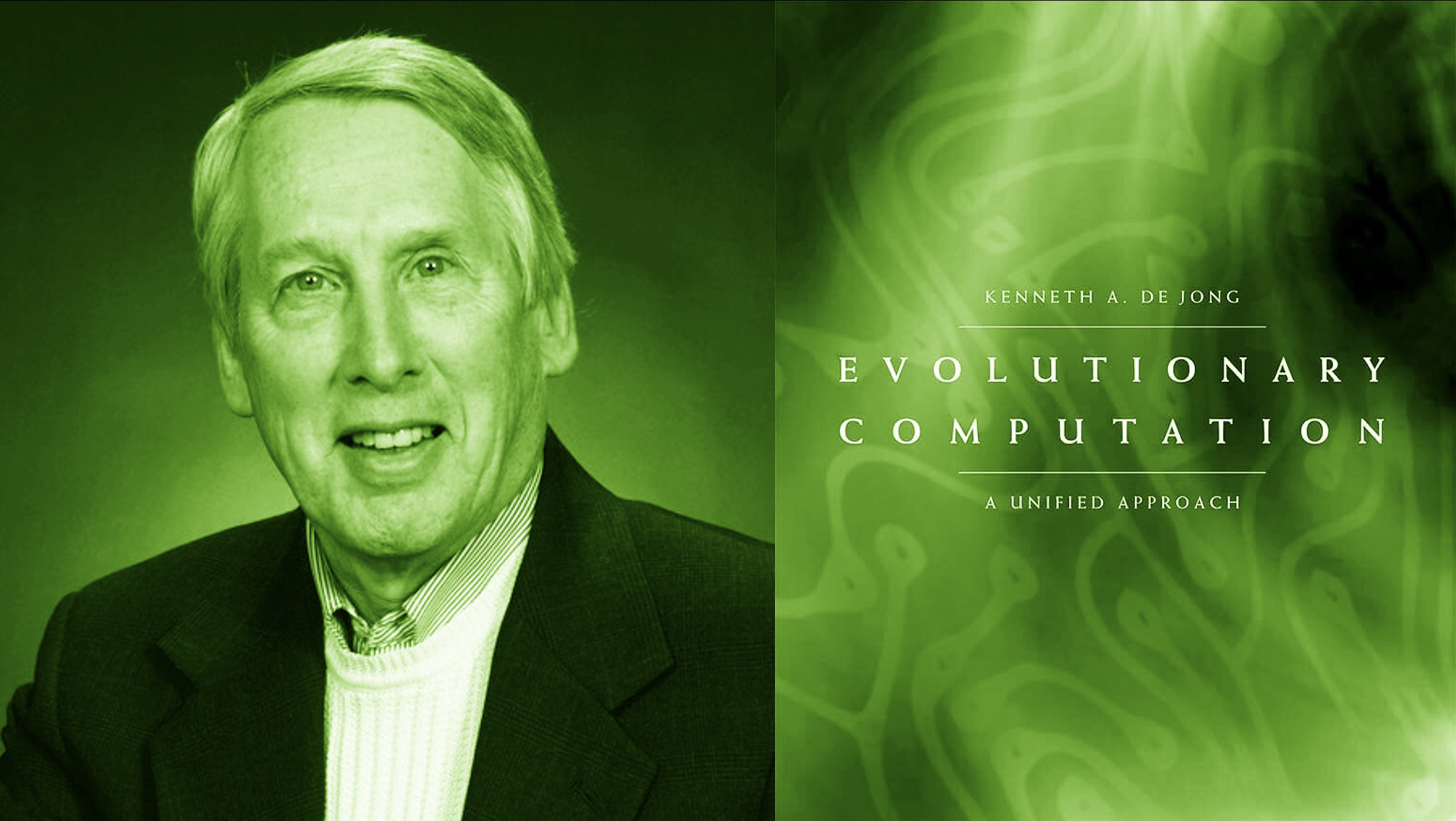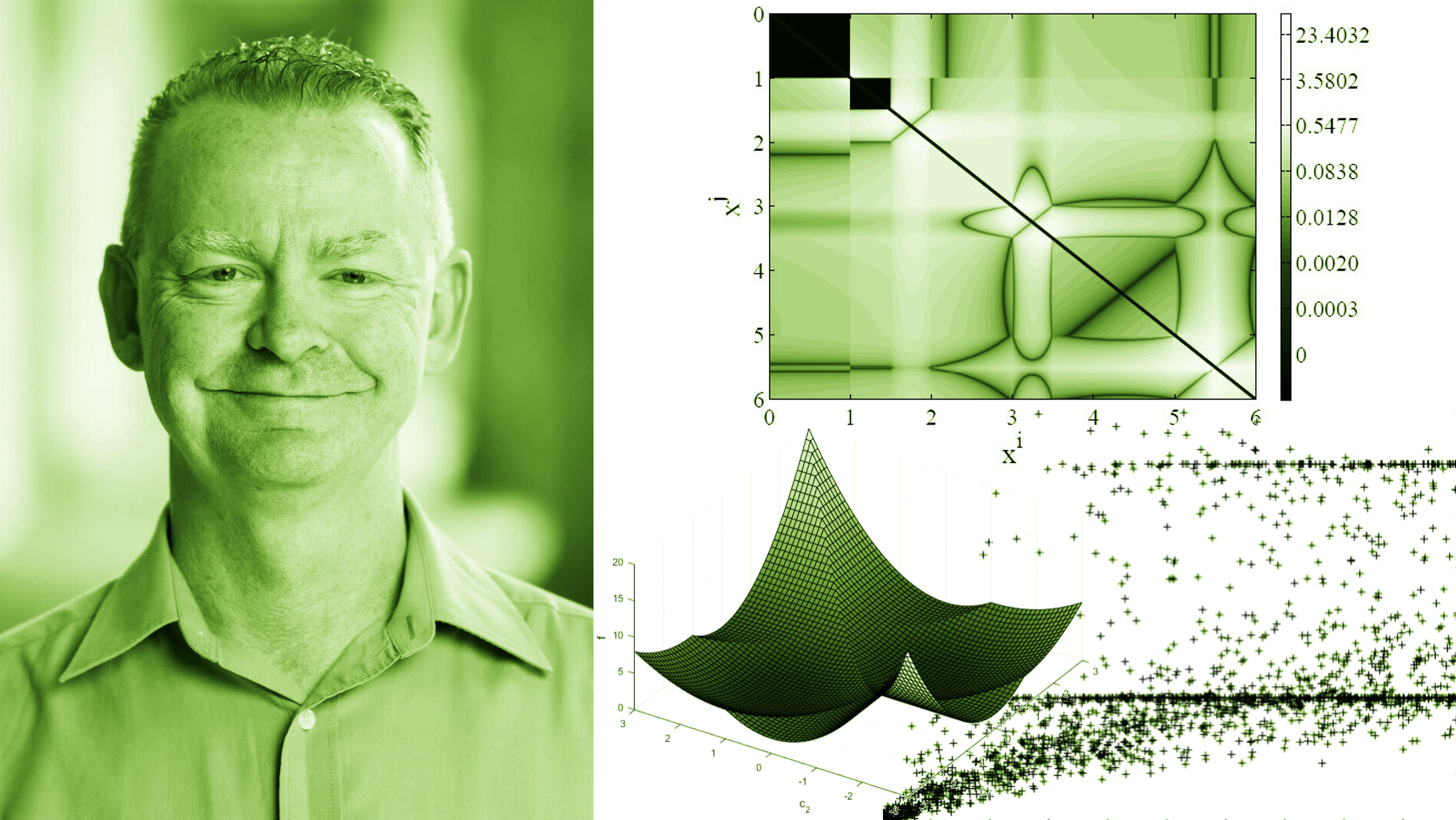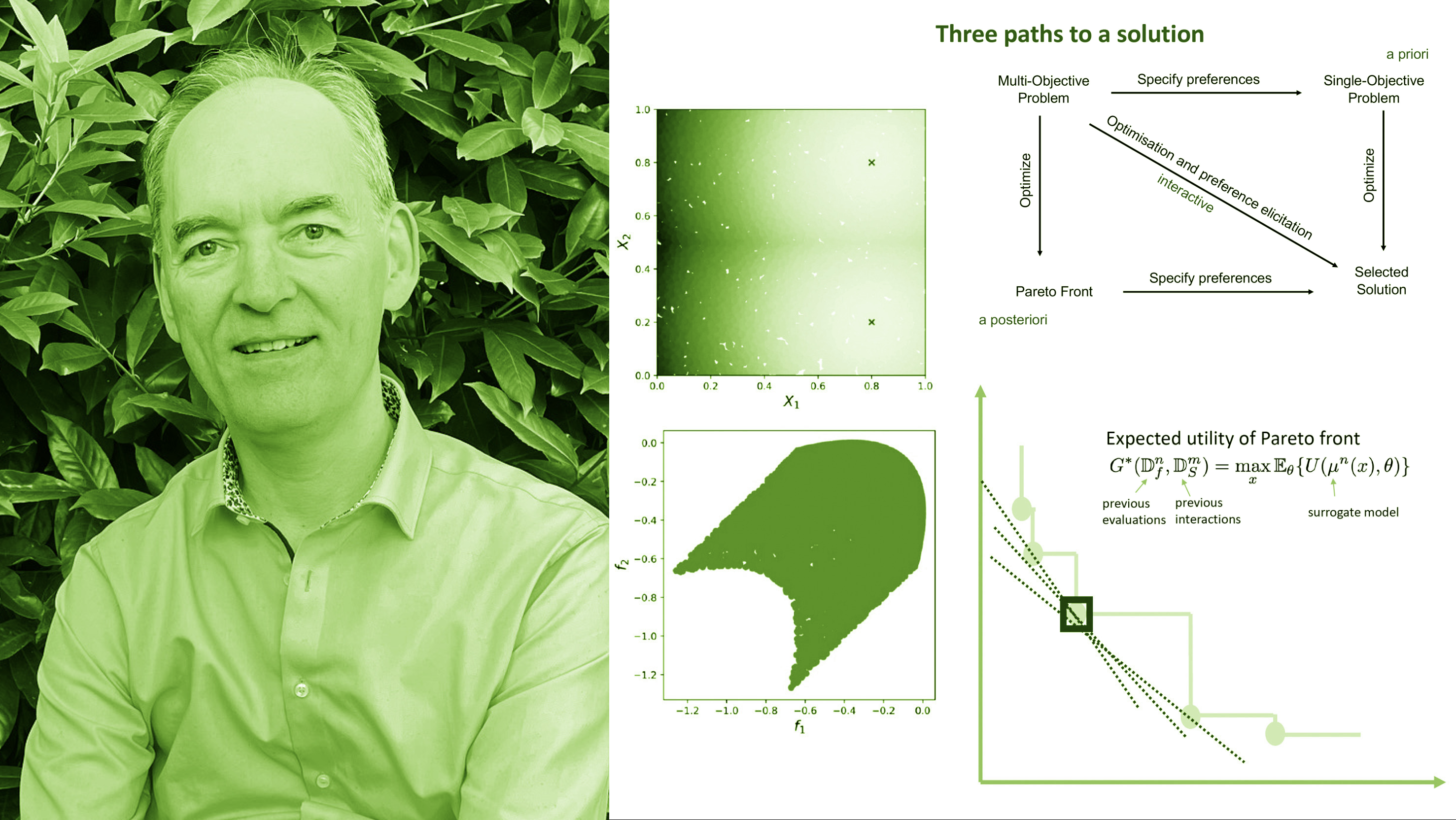The tenth lecture takes place on the 19th of April 2023 at 4:30 PM (CET), virtually.
The zoom link to attend the lecture is: https://universiteitleiden.zoom.us/j/65513991955?pwd=MHRSR1BQVkg5eWc4MVc1amtEUE1XQT09
The lecture features Ph.D. candidates Monika Grewal and Charles Moussa.
Talk 1: Multi-Objective Learning using Hypervolume Maximization
Monika Grewal, Centrum Wiskunde & Informatica
Real-world problems are often multi-objective, with decision-makers unable to specify a priori which trade-off between the conflicting objectives is preferable. Intuitively, building machine learning solutions in such cases would entail providing multiple predictions that span and uniformly cover the Pareto front of all optimal trade-off solutions. We propose a novel approach for multi-objective training of neural networks to approximate the Pareto front during inference. In our approach, we train the neural networks multi-objectively using a dynamic loss function, wherein each network’s losses (corresponding to multiple objectives) are weighted by their hypervolume maximizing gradients. Experiments on different multi-objective problems show that our approach returns well-spread outputs across different trade-offs on the approximated Pareto front without requiring the trade-off vectors to be specified a priori. Further, results of comparisons with the state-of-the-art approaches highlight the added value of our proposed approach, especially in cases where the Pareto front is asymmetric.
Talk 2: Tabu-driven Quantum Neighborhood Samplers
Charles Moussa, Leiden University
Combinatorial optimization is an important application targeted by quantum computing. However, near-term hardware constraints make quantum algorithms unlikely to be competitive when compared to high-performing classical heuristics on large practical problems. One option to achieve advantages with near-term devices is to use them in combination with classical heuristics. In particular, we propose using quantum methods to sample from classically intractable distributions – which is the most probable approach to attain a true provable quantum separation in the near-term – which are used to solve optimization problems faster. We numerically study this enhancement by an adaptation of Tabu Search using the Quantum Approximate Optimization Algorithm (QAOA) as a neighborhood sampler. We show that QAOA provides a flexible tool for exploration-exploitation in such hybrid settings and can provide evidence that it can help in solving problems faster by saving many tabu iterations and achieving better solutions.
 JoLEA
JoLEA



